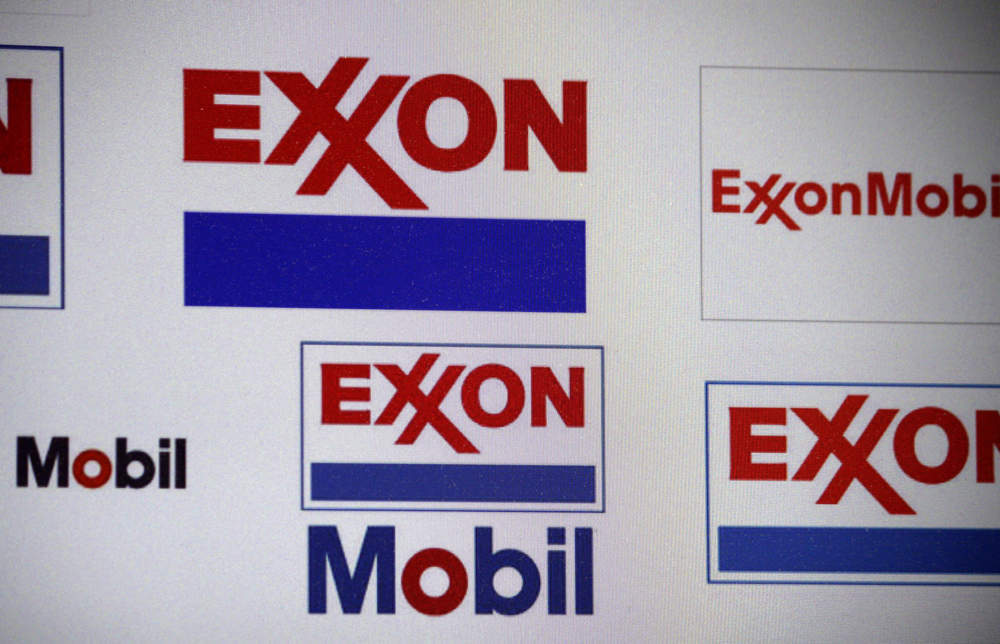
Shareholders in Exxon Mobil, the world’s biggest oil company, today backed a motion requiring the company to disclose the impact of climate change on its business.
The non-binding proposal was backed by over 62 percent of Exxon shareholders at the company’s annual meeting in Dallas, Texas.

Access deeper industry intelligence
Experience unmatched clarity with a single platform that combines unique data, AI, and human expertise.
Last year, the same proposal was backed by just 38 percent of shareholders who voted.
Although the identity of voters wasn’t disclosed, a source told the Washington Post that major financial advisory firms BlackRock, Vanguard and State Street had cast their shares in opposition to Exxon management.
BlackRock and Vanguard are the biggest shareholders in ExxonMobil, owning 13 percent, or $43.6bn worth, of the company’s stock.
Exxon opposed the proposal requiring it to report on the risks posed by climate change to its business, insisting it already provides enough information.

US Tariffs are shifting - will you react or anticipate?
Don’t let policy changes catch you off guard. Stay proactive with real-time data and expert analysis.
By GlobalDataThe Exxon vote coincided with reports that US president Donald Trump is expected to pull out of the 2015 Paris climate agreement.
“Trump is acting contrary to Wall Street and the world’s largest investors,” Edward Mason, head of responsible investment at Church Commissioners for England, which led the vote alongside the New York City pension fund told The Guardian.
“Climate change is a material financial risk and shareholders want to know how companies will manage the change to a low carbon economy,” he added.
The resolution, co-sponsored by the New York City pension fund said that Exxon should analyse the impact of its business on “oil and gas reserves and resources under a scenario in which reduction in demand results from carbon restrictions and related rules or commitments adopted by governments consistent with the globally agreed upon 2 degree [celsius] target”.
“This reporting should assess the resilience of the company’s full portfolio of reserves and resources through 2040 and beyond, and address the financial risks associated with such a scenario,” it added.
For the first time, Exxon will have to consider how global efforts to mitigate climate change will impact their business.
Earlier in May, shareholders in Occidental Petroleum, another multinational oil and gas company, also passed a similar motion in a vote at its annual meeting with a 58 percent majority.
“This extraordinary result, on the heels of the majority Occidental vote, indicates growing institutional investor concern,” said Robert Schuwerk, a senior counsel at the Carbon Tracker Initiative.







